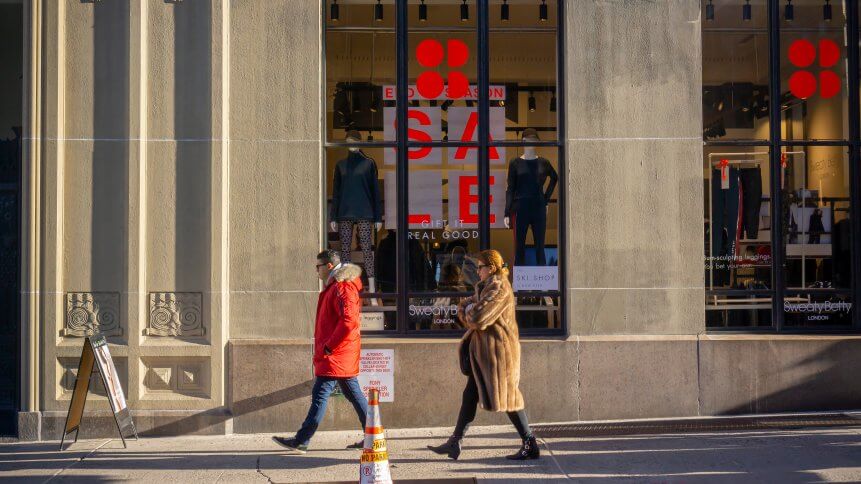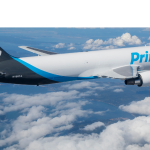Sustainability sells in retail today

Amazon Go has been named the digital retail innovation of 2019 in a new Webloyalty report. This highlights how technology is being used to create a more personalized shopping experience, with 68 percent of retailers tapping into either AI (37 percent), augmented reality (AR), payment technology or delivery technology.
It also shows how more innovative ways are being sought to help the planet, with waste reduction and recycling a prominent theme this year as 5 percent use a form of biotechnology and 15 percent apply technology to environmental issues.
Retailers aren’t, of course, saints. They are commercial enterprises, often with shareholders to answer to. As shoppers become more environmentally conscious, the savvy ones know they need to mirror this in their offerings.
Three-quarters of Brits, for example, think single-use plastic should be socially unacceptable, according to a recent OnePoll survey on behalf of the National Refill Day initiative. Greggs, Pret, and Sweaty Betty are the latest to provide free drinking water for all, taking the total number of Refill stations in the UK to more than 20,000.
Elsewhere, 43 percent of Brits are more likely to shop with a retailer if they offer a good range of sustainable delivery options, according to research by Click and Collect venture Doddle involving 2,196 people.
Two-fifths, however, don’t think retailers currently do a good enough job here, and a quarter is annoyed that home delivery is often positioned as the default option, generating unnecessary emissions.
As Tim Robinson, CEO of Doddle, puts it, while convenience remains important for shoppers, it’s not enough for sustainable delivery to be an add-on or after-thought anymore— in an already tough environment, demonstrating sustainable retail methods will set brands apart in their battle for customer loyalty.
Marketing sustainability
Ahead of World Oceans Day on June 8, Friends of Glass launched eco-friendly pop-up checkouts in selected European supermarkets.
Whenever a glass-packaged item was scanned, shoppers found themselves face-to-face with a pod of dolphins who thanked them for their purchase.
“By 2050, it’s estimated our seas will contain more plastic than fish,” Friends of Glass said in a statement. “With public concern over packaging waste reaching a tipping point, it’s time to thank shoppers for choosing glass as a sustainable solution.”
UK supermarket Sainsbury’s is doing its bit by testing out reverse vending recycling machines, enabling customers to return plastic bottles and drinks cans in exchange for 5p coupons towards their shop. It is possible to bring back up to 500 items per visit. The containers deposited must be available to buy in Sainsbury’s.
YOU MIGHT LIKE

Is it time all e-retailers offered ‘green delivery’?
The supermarket giant made the announcement on Twitter, revealing that the trial is running in its Lincoln superstore. Plans are afoot to extend it to four more stores in the next few weeks.
Iceland and Morrisons have also been trialing reverse vending machines. The former reported that shoppers earned more than £30,000 (US$38,000) by recycling plastic bottles during a pilot. They got a voucher worth 10p for every deposit of a bottle bought at stores in Wolverhampton, Mold, Fulham, and Musselburgh (Iceland’s head office, in Deeside, also took part in the pilot).
It’s clear that eco-conscious consumerism is not a fad. But more action towards sustainable retail methods is urgently needed. Here’s hoping that the government launches a nationwide deposit-return scheme. The Department for Environment, Food & Rural Affairs (Defra) is currently at consultation stage on this.








